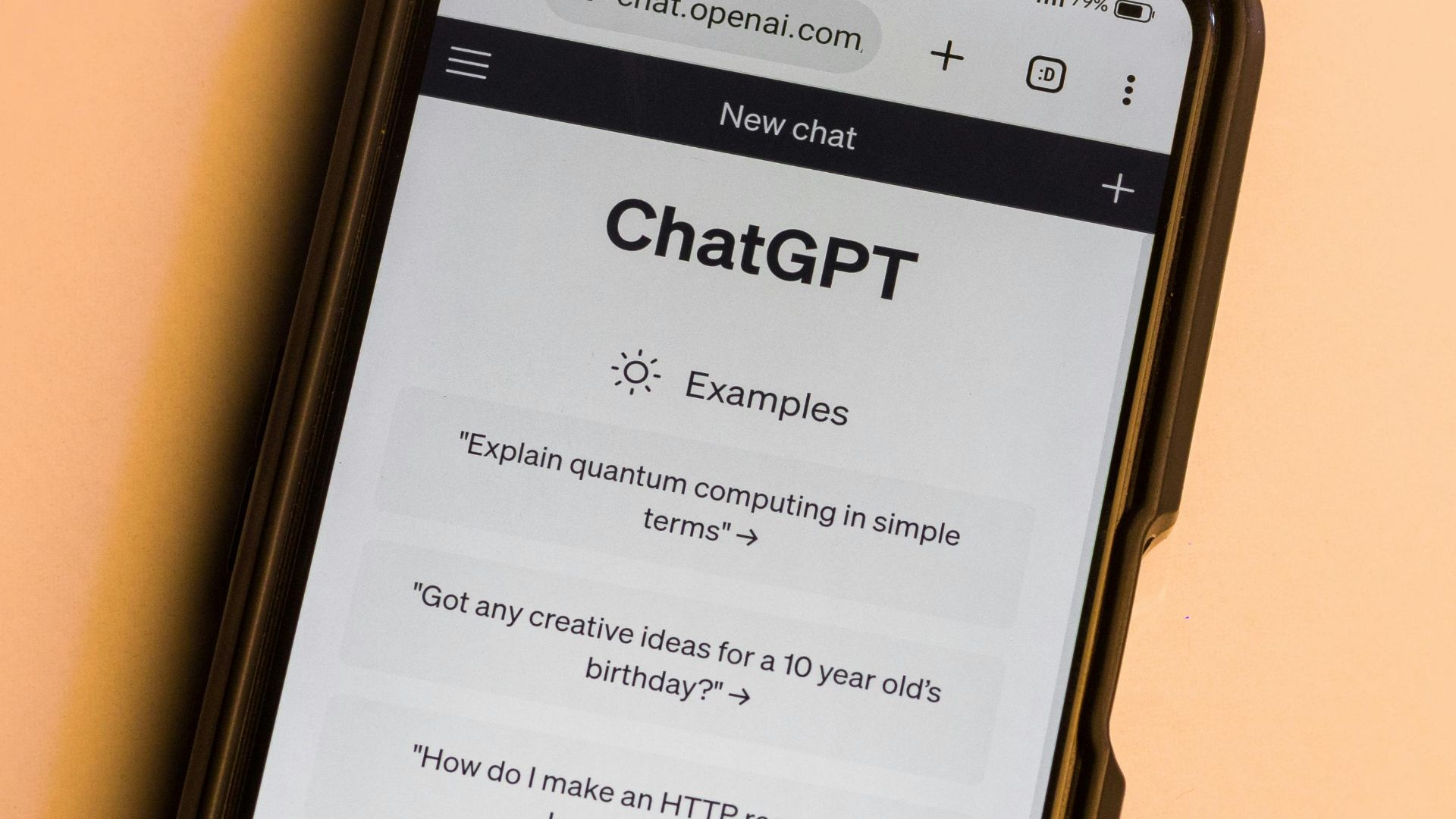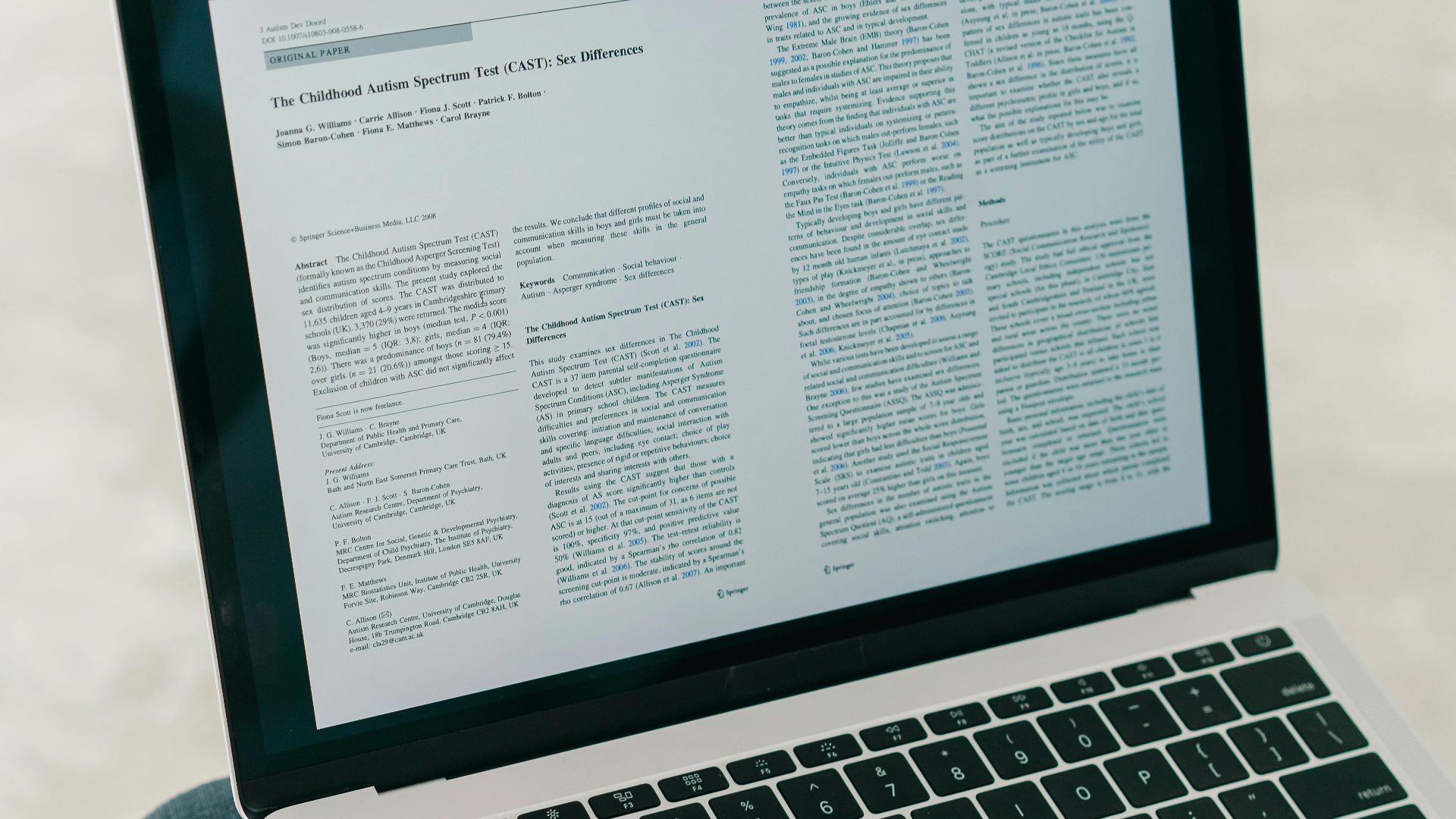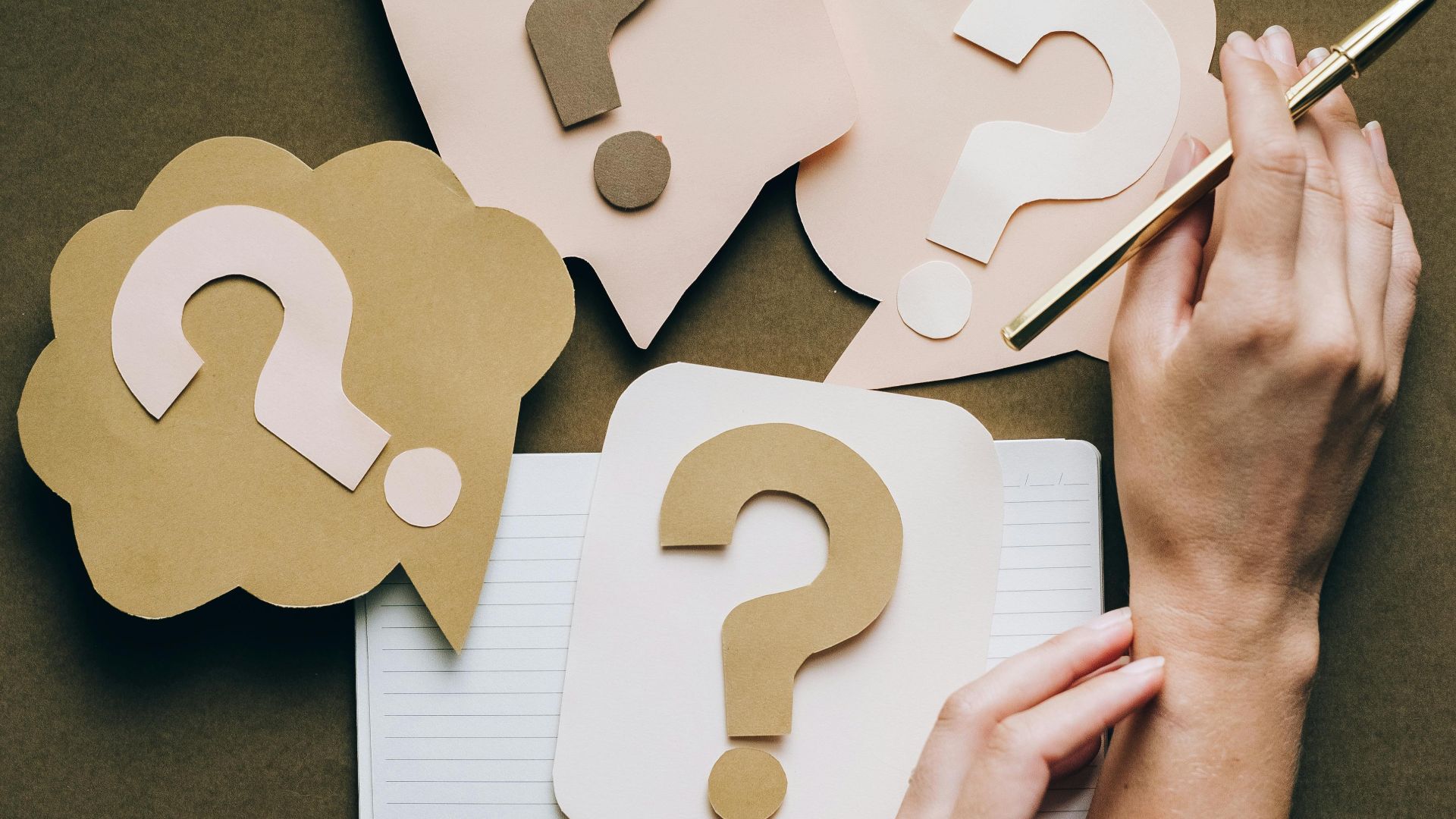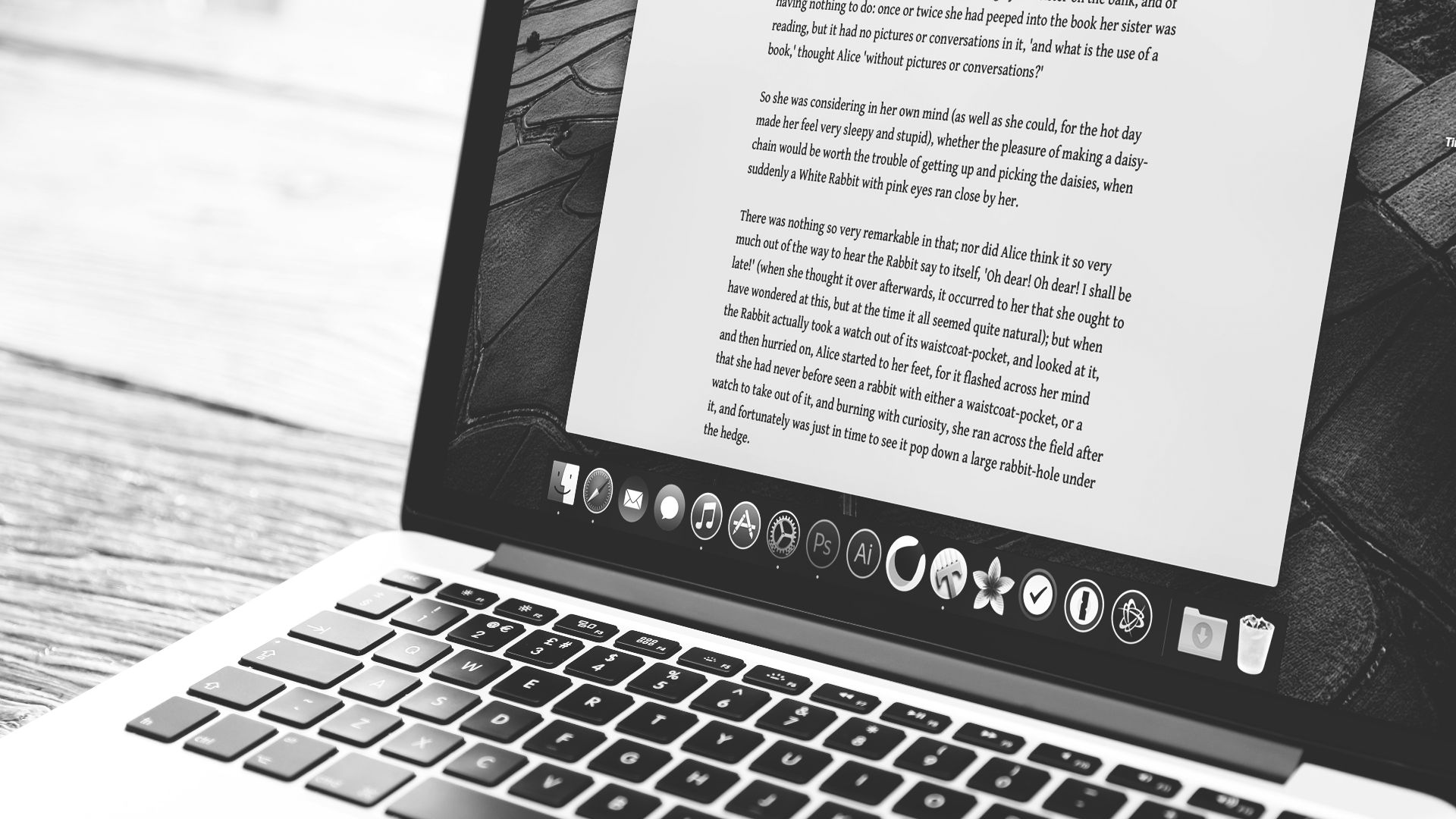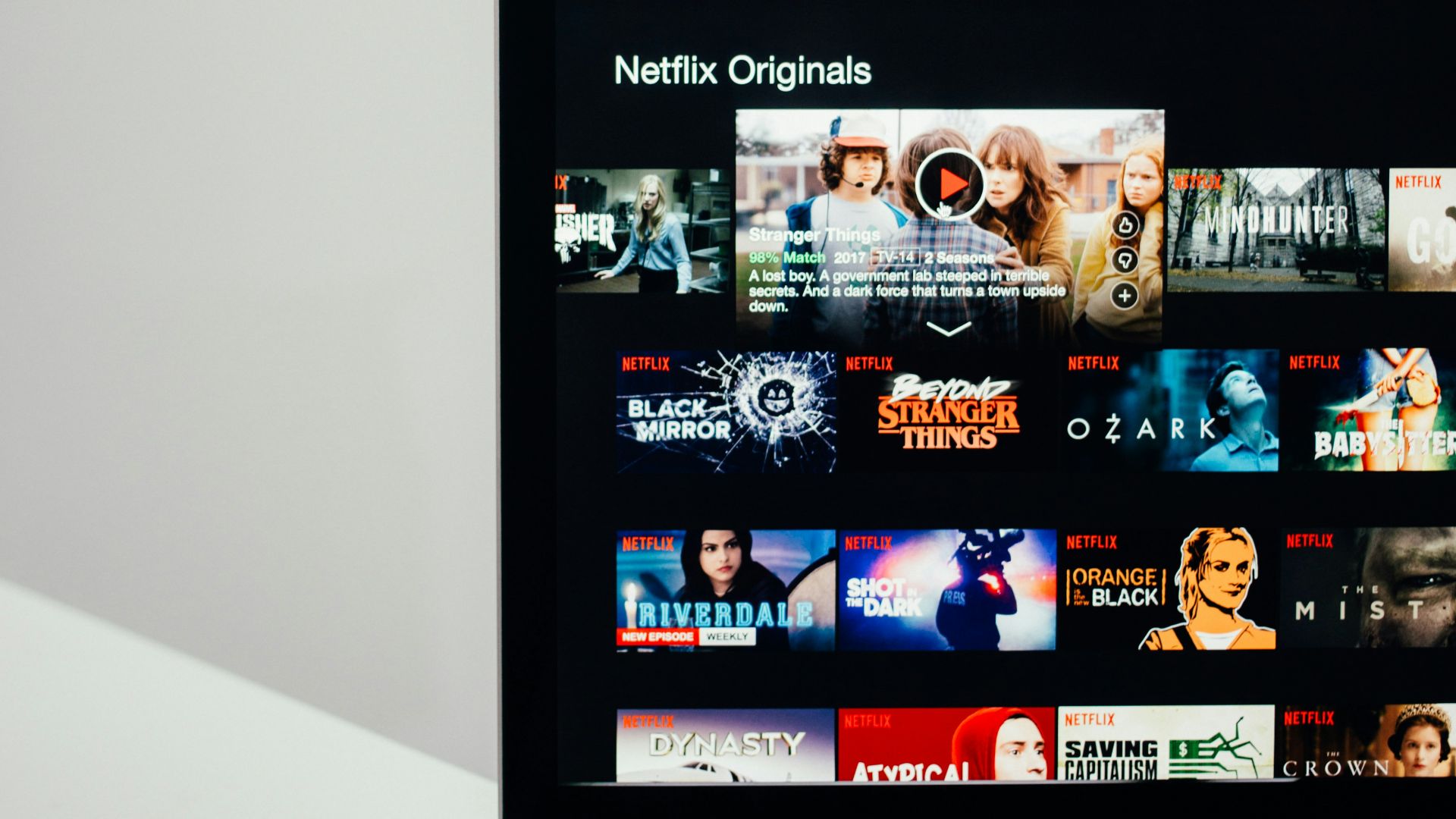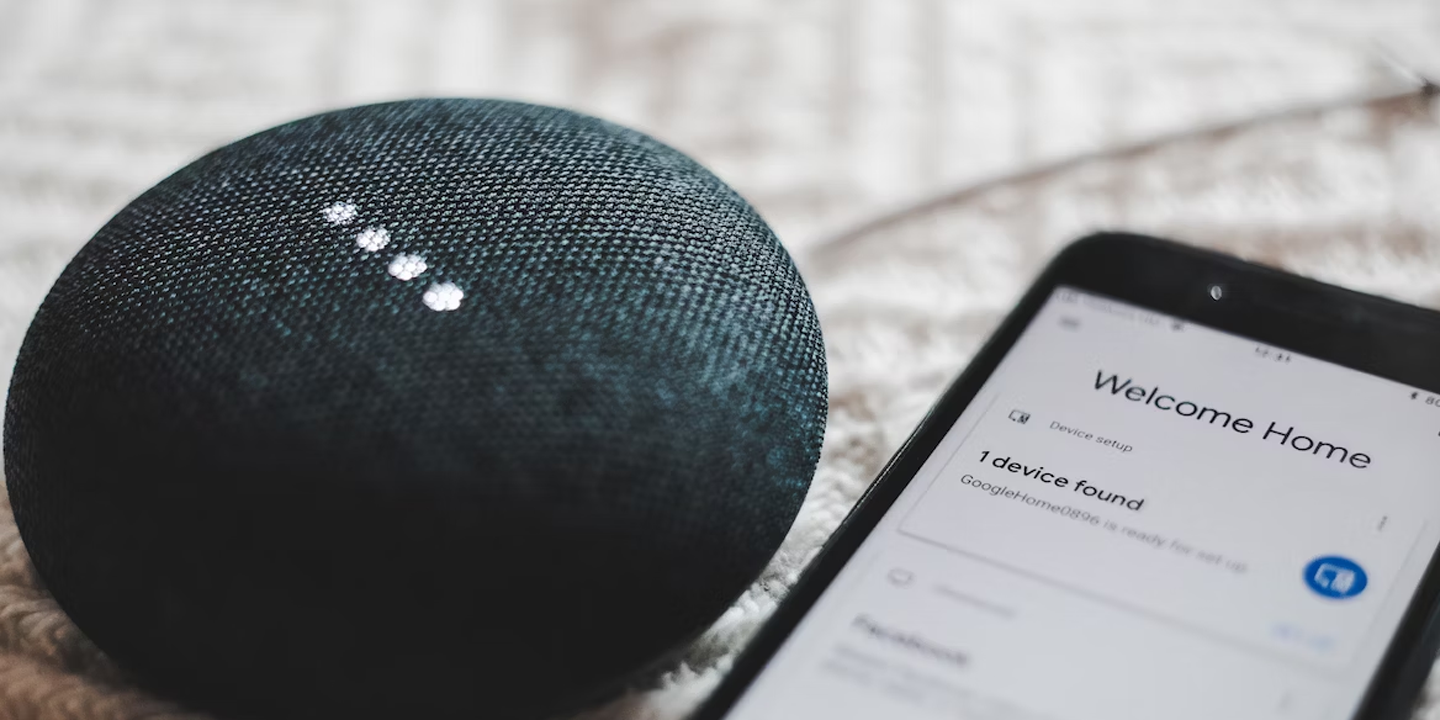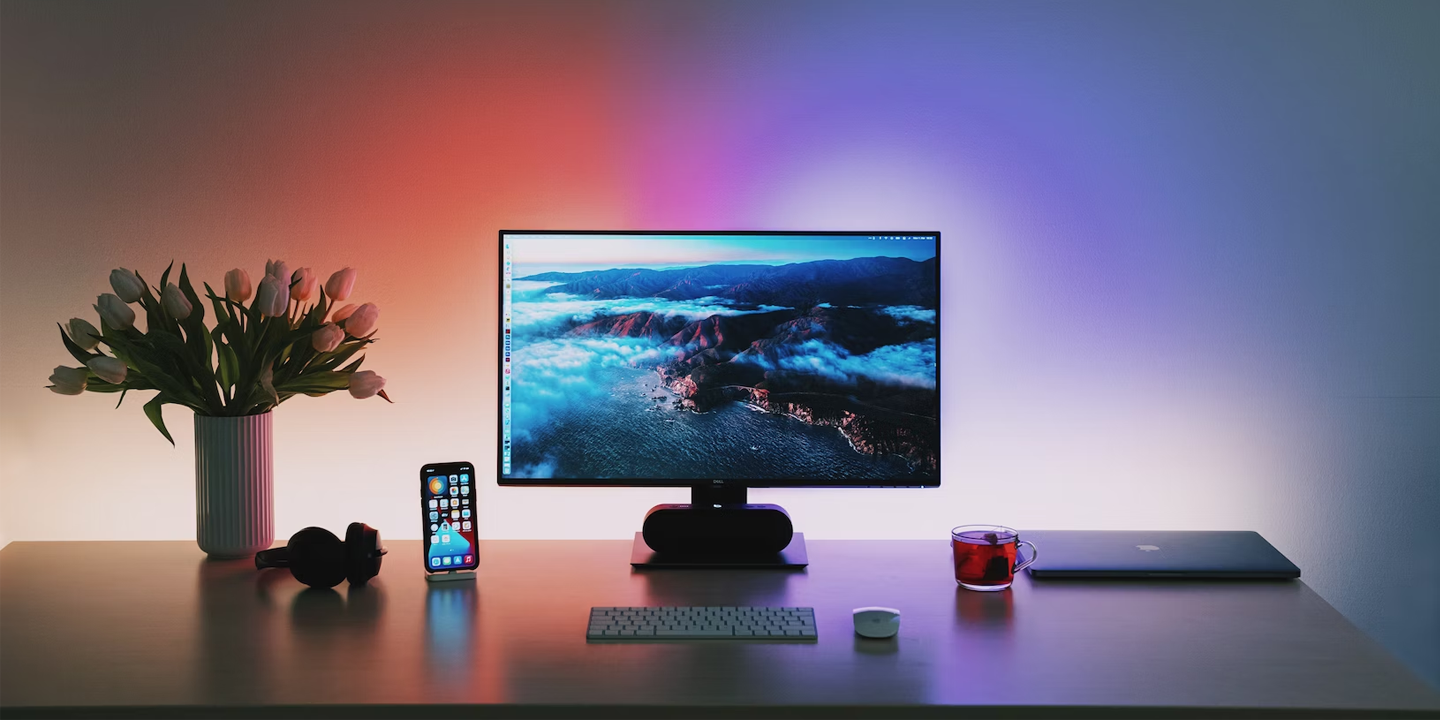Can ChatGPT Do Everything? Surprisingly, No
If you think back to a couple of years ago, when AI wasn't as advanced as it is now, we weren't very reliant or trusting of these tools. Answers from AI chatbots—such as those you might have seen on company websites—weren't particularly accurate or useful, for example. But that has changed. OpenAI's ChatGPT is now one of the most useful AI tools available, offering support, giving advice, planning detailed trips, and more. But are there limits to what it can do for you? Here are 10 requests ChatGPT will refuse to fulfill when asked—and 10 it will easily handle.
1. It Can't Predict the Future
Before you go asking ChatGPT to predict next week's winning lottery numbers or which team is going to win this year's Super Bowl, you should know: it can't predict the future. At best it can weigh discussions with you, but unless you play around with it, your request will most likely be ignored.
2. It Won't Craft Mean-Spirited Comments
No matter how much you dislike certain celebrities or political figures, ChatGPT won't support your views and craft mean-spirited or discriminatory comments about those said people. What it will suggest instead is creating constructive criticism or engaging in healthy discussion.
3. It Won't Assist with Creating Anything Illegal or Harmful
If you wanted to hack your way into a system by creating malware, or that you were planning to commit a heinous crime, ChatGPT won't assist you and will instead deter you from doing said illegal, harmful acts.
That being said, it probably wouldn't be difficult for someone to find a way around this limitation.
4. It Won't Use Profanity or Explicit Language
ChatGPT isn't a potty mouth, and unless you give it some text to repeat back, it likely won't ever use profanity or explicit language. In fact, it might be a challenge to even get it to say something remotely rude, though there are ways to overcome this, such as jailbreaking.
5. It Can't Access Articles
If you give the link to a specific article or website, ChatGPT can only at most summarize it to the best of its abilities—by searching the web. While it's improved in terms of reading websites, it still can't directly access the content of articles to provide accurate information.
6. It Won't Promote the Use of Illegal Substances
If you're struggling with substance use, ChatGPT will offer resources on how to get help, but what it won't do is encourage your addiction. No matter how much you push, prod, or repeat your requests, you'll be met with a warning about the dangers of substance abuse and where to get help.
7. It Won't Provide Financial Advice
Want to invest? Leave specific questions to your financial advisor. If you ask ChatGPT, it'll only spit out general advice and information, but it won't be able to provide accurate enough perspectives and expertise to direct you where to put your money.
8. It Won't Provide Medical Advice
Similarly, ChatGPT can only provide general medical information. If you give it a few symptoms of what you're currently experiencing, it may be able to search the web and list out estimates, but it can't (quite obviously) replace your doctor.
 National Cancer Institute on Unsplash
National Cancer Institute on Unsplash
9. It Won't Provide Legal Advice
ChatGPT will also not provide legal advice. While it can sometimes make guesses and deductions, of which those responses may seem like proper suggestions, it will still follow up with a recommendation and disclaimer to speak to a lawyer. As such, getting into legal trouble because of ChatGPT is... probably not worth it.
10. It Can't Give You Unbiased Responses
As with any AI language model, ChatGPT is fed a pool of training data, which can shape the way it "views" the world. Despite claims that it won't lean toward any direction given a debate topic, you'll encounter pockets of biases in its responses here and there the more you use it.
Yet, while there are limitations, there are many things ChatGPT can do for you. Let's jump into what those are.
1. Answering Questions
If you have a question, you can pitch it to Google (everyone's favorite search engine), or you can ask ChatGPT. Generally, if your question is a bit more specific—which can be sometimes difficult to scour Google for—ChatGPT is extremely helpful at finding the exact answer you need.
2. Providing General Advice
ChatGPT is also a great tool for getting general advice, whether it's how to form healthy habits, ways to improve a recipe, career guidance and advancement tips, it can provide wonderful tailored suggestions.
But remember: while ChatGPT can be used for brainstorming, it's still best to reach out to someone better suited to help, like a career advisor.
3. Crafting Content
Whether it's a poem or an entire essay, ChatGPT can generate creative content for you, based on the topic you give it and anything you'd like for it to include. It's important that creative writers—or students—don't rely on ChatGPT for these means, and instead only use the tool minimally, such as to brainstorm synonyms.
4. Giving Recommendations
ChatGPT can also easily suggest movies, TV shows, music genres, songs, and more for you to watch or listen to. For example, if you're bored and unsure what to watch, you can ask ChatGPT: "What's a good movie that will suit my tastes, given that I just finished watching Finding Nemo"? You'll have a dozen recommendations in no time.
5. Problem-Solving
Whether it's a math problem or understanding the laws of physics, ChatGPT is also helpful in problem-solving. Of course, as with all things, it's better to try and gain knowledge in these concepts yourself by working through exercises on your own, reading a textbook, or watching clips on YouTube.
6. Creating Travel Itineraries
Traveling soon? ChatGPT can help by curating the most popular spots you should visit while you're there.
It can even plan out full itineraries, listing out what you should do, see, and eat during each day of your vacation. It can even warn you of travel advisories or let you know any visa requirements you'll need before you go.
7. Provide Support
If you're feeling stressed out about work, school, life, or you're feeling nervous about an important interview or presentation, ChatGPT can offer support to help you manage those anxious thoughts. It can also provide additional resources you can reach out to if you need them.
8. Help with Writing
As mentioned, ChatGPT can be a great tool to use for creative writing, helping to craft articles, emails, long-form blog content, and more. It can even proofread short blurbs and first drafts, or offer specific synonyms that suit certain phrases or contexts. But again, it's important to not become too reliant on it.
 Glenn Carstens-Peters on Unsplash
Glenn Carstens-Peters on Unsplash
9. Summarize Content
If you're applying for a job but the posting is several pages long and you need a quick run-down, you can copy and paste the text to ChatGPT and ask it to summarize the content. Similarly for a lengthy book synopsis or article. Given the direct text, the result is usually fairly accurate.
10. Research and Distill Complex Topics
ChatGPT works great as a research tool, helping to brainstorm different ideas, topics, and points.
It can also distill complex subjects into something easily understandable. This makes it extremely useful when needing to break down intricate concepts for teaching or learning.


